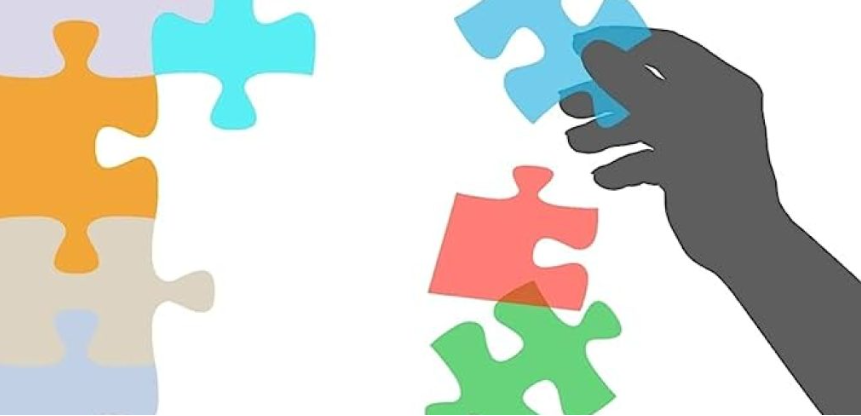Children who have trouble focusing and are struggling academically may have attention deficit hyperactivity disorder. This condition is common in children and adolescents, and if symptoms remain untreated, it can not only affect their school and social life, but they will probably still have ADHD as adults. As a parent, there are some symptoms to be on the lookout for. Once you determine that your child does have ADHD, you want to find the proper treatment plan, which may include an Adderall over the counter substitute.
Recognize Common Symptoms
There are two major types of ADHD: inattention and hyperactivity/impulsivity. Children can have primarily one or the other, or they may exhibit a combination. Inattention is also sometimes mixed with anxiety in 6 year-old symptoms. Common symptoms include:
- Difficulty staying focused
- Inability to pay attention to details
- Difficulty with organization
- Avoidance of tasks that require mental focus
- Easily distracted
- Failure to complete chores or tasks
Common symptoms of hyperactivity and impulsivity include:
- Talking a lot
- Constant fidgeting and inability to sit still
- Trouble waiting for their turn
- Interrupting conversations and games
- Being active at inappropriate times
Some of these symptoms are a regular part of development, and they do not necessarily mean that someone has ADHD. However, if the symptoms continue both at school and at home for a period of time, it may be worth making an appointment to see if ADHD is the reason.
Observe Academic Performances
As children and adolescents spend much of their time in school, observing their academic performance is one of the best ways to determine if ADHD may be a culprit for certain issues.
The symptoms of ADHD can affect school performance in a number of ways. Finishing homework in a timely manner is challenging, and completing tests may also be an issue. Students with ADHD may not be able to pay attention in class to learn the information. Other issues include a lack of organization, losing school assignments, and making careless mistakes.
They may also have issues socially at school. This includes intruding on other’s activities, taking over conversations, and budging in line.
Choose the Appropriate Treatment
If you suspect ADHD, a healthcare provider can perform tests to determine if that is the correct diagnosis. If so, you may be wondering what your next steps are. Based on the severity of the condition, there are various options. Medication is a common management method, but prescription drugs are often not recommended for younger children, and they all come with side effects.
Fortunately, there is child anxiety medication over the counter and homeopathic ADHD meds that are safe, can be taken with other supplements and medication, and have no side effects.
Along with, or instead of medication, therapy may be an effective management tool. Behavior therapy is commonly used to help those with ADHD manage symptoms and choose healthier behaviors. Other therapies include family therapy, psychotherapy, and social skills training.
Lifestyle changes, such as exercise, a better sleep routine, and a healthier diet, have also been shown to be effective.
